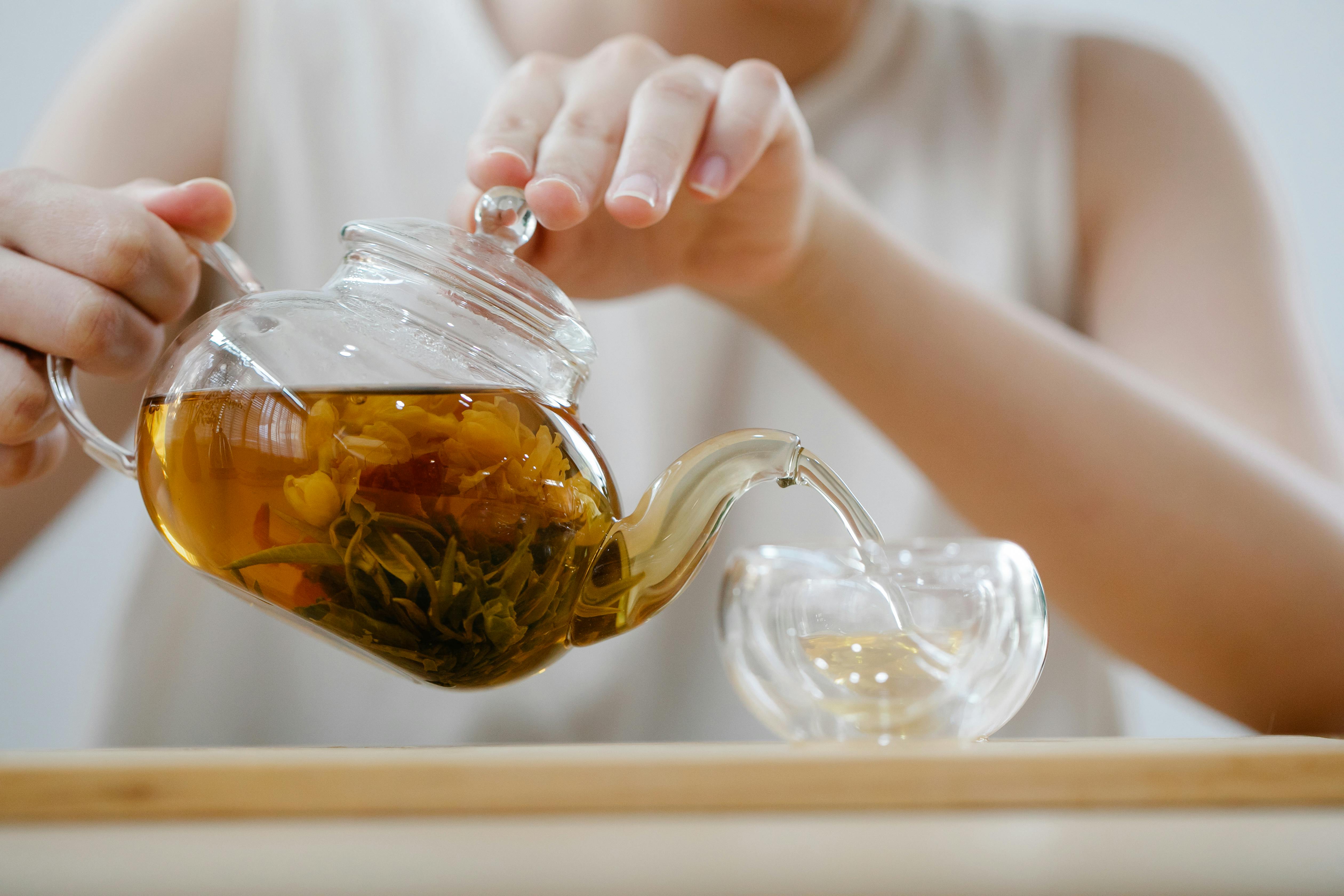Stress is a part of life, but when it is too long, it can take a serious toll on mental and physical health. Good news? The food you have eaten can affect how your body and brain respond to stress. When the level of stress increases, your body issues cortisol, a hormone that increases heart rate, blood pressure and energy levels. This reaction is useful in low burst, but chronic stress keeps cortisol levels high, causing anxiety, insomnia and even heart disease.
Food plays a major role in stress management. Some nutrients help regulate cortisol, while others promote serotonin and dopamine – neurotransmitters that improve mood and reduce anxiety. Some foods also trigger endorphins, which naturally calm the nervous system. The key is knowing which foods provide relief from real, permanent stress rather than only temporary comfort.
Here are 7 best stress -relieving foods for mental and physical health:
A balanced diet rich in essential nutrients can help stabilize mood, reduce anxiety and promote overall well -being.
1. Complex carbohydrate for mood boosting
Whole grains, oats and quinoa can promote serotonin levels, improve mood and promote relaxation. These foods also help in regulating blood sugar, which helps prevent energy accidents.
2. Leafy greens for stress and anxiety control
Spinach, Kail, and Swiss Chord are packed with magnesium, which helps to keep cortisol levels in examination. Low magnesium levels are associated with increased anxiety and difficulty in managing stress.
3. Omega-3-rich fatty fish for brain health
Salmon, mackerel and sardines are loaded with omega -3 fatty acids, which reduce inflammation and stabilize stress hormones. The omega -3S also supports brain health and cognitive function, improves flexibility for stress.
4. Nuts and seeds for emotional balance
Almonds, walnuts, sunflower seeds, and flaxseeds contain B vitamins and healthy fats that support brain function and stress management. Magnesium and zinc in nuts also contribute to emotional stability.
Photo: Istock
5. Avocado naturally to reduce anxiety
Burned in B vitamins, avocados help in supporting brain health and regulating mood. They also provide healthy fats that nourish the nervous system and reduce anxiety.
6. Antioxidant-Pack Berries for Stress Protection
Blueberries, strawberries and raspberries contain antioxidants that repair cells and prevent oxidative stress. Their high vitamin C materials help in low cortisol levels.
7. Dark chocolate for immediate stress relief
Dark chocolate (with at least 70% cocoa) is more in antioxidants and magnesium, which help in low cortisol and improve mood. Consuming small amounts can provide relief from a natural, satisfactory stress.
Not all relaxing foods for stress management are bad. Providing emotional relief by providing some essential nutrients:
8. Herbal tea for relaxation
Chamomile, lavender and green tea contain natural compounds that calm the nervous system and help reduce stress and anxiety. Green tea also contains L-icem, which is an amino acid, which is known for its relaxation effects.

9. Hot soup and stew for a calm effect
A bowl of chicken soup or vegetable stew may feel relaxed by providing vitamins, minerals, and lean proteins that provide constant energy and mental clarity.
10. Yogurt and fermented foods for intestine health
Probiotic-rich foods such as yogurt, kimchi and kefir support intestine health, which plays an important role in stress and anxiety management. A healthy intestine is associated with a lower level of microbiom stress related to stress.
Diet in stress decrease and role of eating desires
What you eat is important, but how you eat. Establishment of healthy eating habits can support stress management:
1. Eating at regular intervals
Leaving food or eating at irregular times can cause blood sugar imbalance, which contributes to mood swings and increases the level of stress. Regular, balanced foods help stabilize energy levels.
2. Mindful eating
Taking time to enjoy food without distracting can lead to food in a meditative experience. Focusing on each bite helps reduce stress and prevents emotional food.
3. stay hydrated
Dehydration can increase the level of cortisol, causing stress to feel more intense. Drinking enough water, herbal tea and hydrating foods such as cucumbers and oranges can help maintain balance.

Photo: Unsplash
There are 3 foods here that can make stress worse:
Some foods can actually cause inflammation, by triggering inflammation, disrupting sleep or energy accidents. Avoiding them can improve overall mental and physical health:
1. Caffeine and Energy Drinks
While caffeine can promote a short -term energy, much more anxiety, irritability and sleep disturbances.
2. Sugar snacks and processed foods
Consumption of high sugar leads to rapid spikes and crash in blood sugar, causing mood and stress to deteriorate.
3. Alcohol
Alcohol can rest in the beginning, but it disrupts sleep and can contribute to the level of high anxiety over time.

Final idea: How to use food to manage stress
Food is only more than fuel-it is a powerful tool to reduce stress and support mental welfare. You can naturally manage anxiety by choosing foods rich in nutrients, practicing food, and stress-trigger material, you can naturally manage anxiety, improve mood and promote long-term health.





